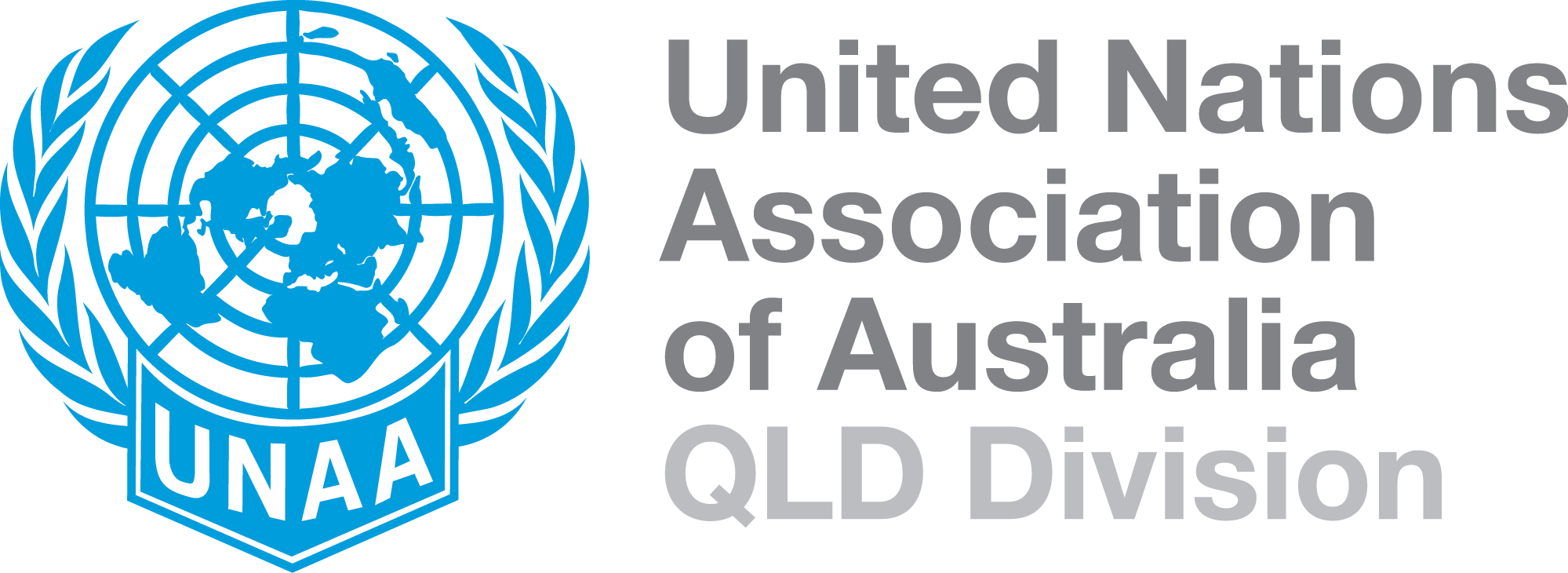
This conversation was about the application of the ‘Settler Colonial’ framework to Israel/Palestine with Dr Teodora Todorova, and Dr Marcelo Svirsky, moderated by Dr Jack Shield. Our discussants speak on how this framework can help shed light on the nature of the violence unfolding in Palestine as well as the limitations of applying this framework to a region that has a colonial history unlike any other. This event is the third in a series of panels entitled Violence in Palestine and Israel and the second event hosted by the United Nations Association of Australia Queensland Division. This panel is the last one of 2024, but the series will continue in early 2025.
Dr Teodora Todorova is an Assistant Professor of sociology at the University of Warwick, United Kingdom. Her work touches on theories and practices of ethico-political responsibility in the context of nationalist conflict. She has published on post-conflict resolution in Bosnia-Herzegovina, commemoration of the Nakba, and decolonial solidarity in Palestine. Her latest book, entitled Decolonial Solidarity in Palestine-Israel: Settler Colonialism and Resistance from Within was published in 2021 by Bloomsbury.
Dr Marcelo Svirsky is a senior lecturer at the University of Wollongong, Australia. He researches settler-colonial societies – Israel-Palestine in particular – and is focused on questions of social transformation and decolonisation. He is the author of numerous books on Israel-Palestine, the latest of which, From Shared Life to Co-Resistance in Historic Palestine (2017 – co-authored with Ronnen Ben-Arie), examines the elimination of a shared Jewish-Arab sociability in the creation of the state of Israel and the implications for present struggles in defying Israel’s Zionist regime.
Dr Jack Shield, who will be moderating this discussion, is a casual academic at the University of Queensland, Australia, where he teaches and researches. His thesis was a long-range intellectual history project, exploring how certain leading nationalists conceived of international order at moments of transformation. At UQ, he has taught courses on terrorism and insurgency, media and world politics, and foreign policy – at one point lecturing on the shift in leadership of Palestinian violent resistance from the PLO to Hamas. We’d also like to thank Dr Rachel Busbridge who was also scheduled to attend, but unfortunately had to withdraw on the day.
Thank you to our speakers and Dr Shield in his role as moderator and what was a thought-provoking discussion about important issues that are integral to understanding the complexity of the Israel/Palestine conflict.